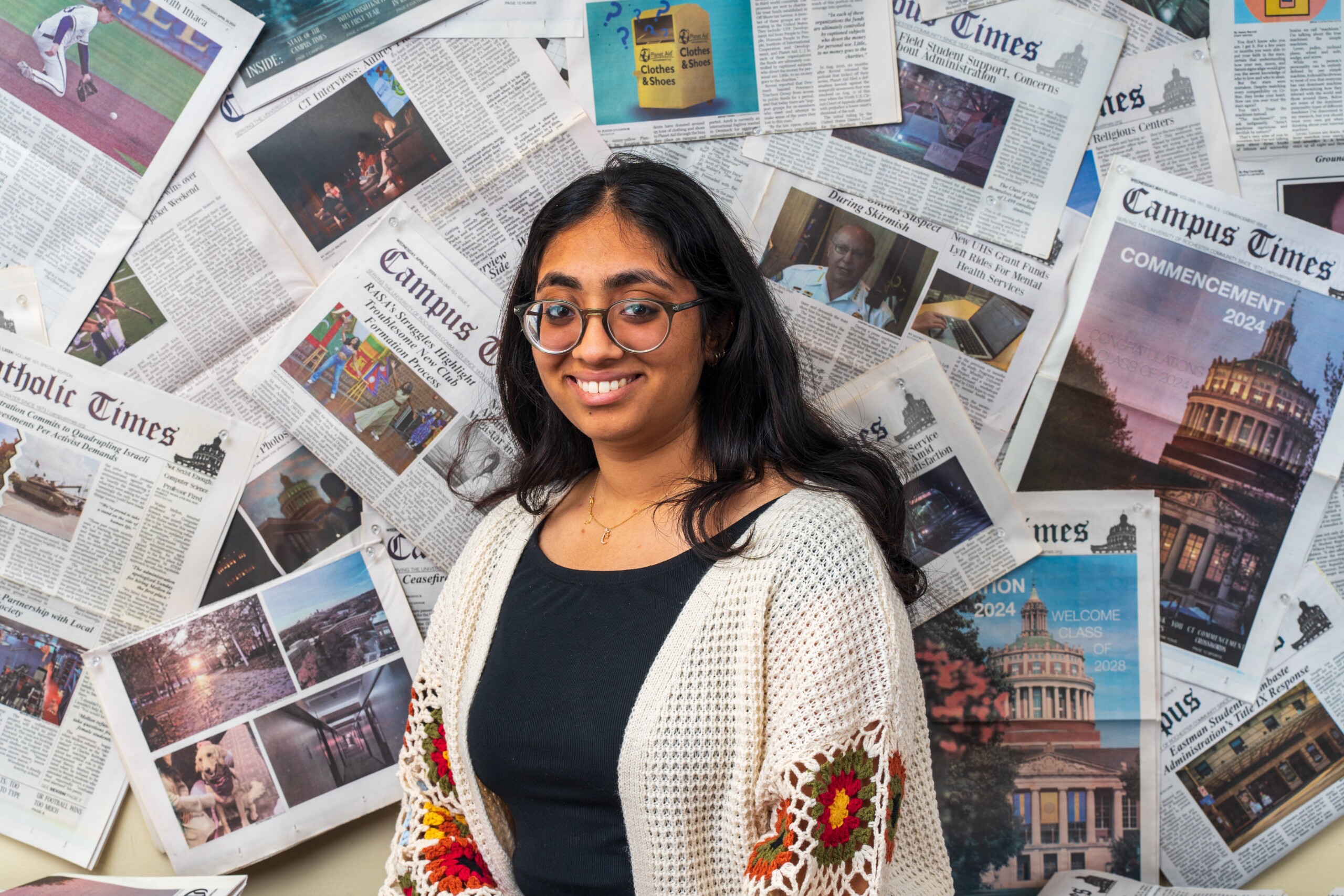UR’s open curriculum caught my attention when searching for colleges — there was no way I was going to sit through another US history class after my disastrous hybrid AP United States History experience. I was delighted to find that I could instead take something like art or music to fulfill curriculum diversity requirements for graduation.
I struggle the most in classes where I feel disinterested in the subject matter. My disinterest makes me feel unmotivated to do the work and thus hinders my learning experience. If I was in a class without any sense of personal investment, I’d know that I would only be doing what I needed to get the grade I wanted, and then I’d never look back.
Technically, required gen-ed classes do promote interdisciplinary knowledge by forcing students to take classes in all sorts of subjects. However, does forcing students to take classes they are not interested in promote learning? For me, being able to explore different courses that I found interesting was the way I navigated declaring my major. Like most people, I was unsure of exactly what I wanted to do, but I had ideas of what I did not want to do.
I applied to UR as a Biology major. During my first year, I thought I wanted to do Neuroscience, with clusters in Economics and Studio Arts. Now I’m a Brain and Cognitive Science (BCS) and Studio Arts double major, and chose to investigate Linguistics as a cluster. This transition occurred through taking classes: I found what interested me, and what I wanted nothing to do with. Even though some classes were agonizingly difficult, having a genuine interest in them made it worthwhile.
So does interdisciplinary studies lead to transferable skills, or are we building distinct sets of skills? Studying and interacting with a wide variety of disciplines promotes practical skills, and can help us develop complex analytic tools that equip us to tackle real-world problems.
The experience of trying to obtain a degree in the sciences and humanities has been far different than I imagined. Much to my surprise, I spend a lot of time thinking and analyzing in my art classes and utilizing creative organization of content in my science classes.
For example, I’ve been painting, drawing, and making things with my hands for as long as I can remember, and those skills have come in handy in places like the lab. Hand-eye coordination and small-scale movements have saved me time and time again when it comes to micropipetting and finicky dissections, and constant creative thinking in my other classes helps me think outside the box and solve problems more comfortably.
More than anything, studying both science and art gives me a chance to just give my brain a break — to shift my attention away from a particular way of approaching a problem and view assignments in a different light. In no way is either major easy, but each requires a unique subset of skills. When studying BCS, my main focus is on understanding concepts, mechanisms, and how they relate to each other. But when I walk into a studio class, I can shift out of a science mindset, and instead focus on color, composition, shape, and meaning.
Taking a class that seems interesting but doesn’t fit into any other academic plans is worth your time; you could realize that you aren’t interested in further pursuing that subject, or, just maybe, it might become your next favorite thing.

